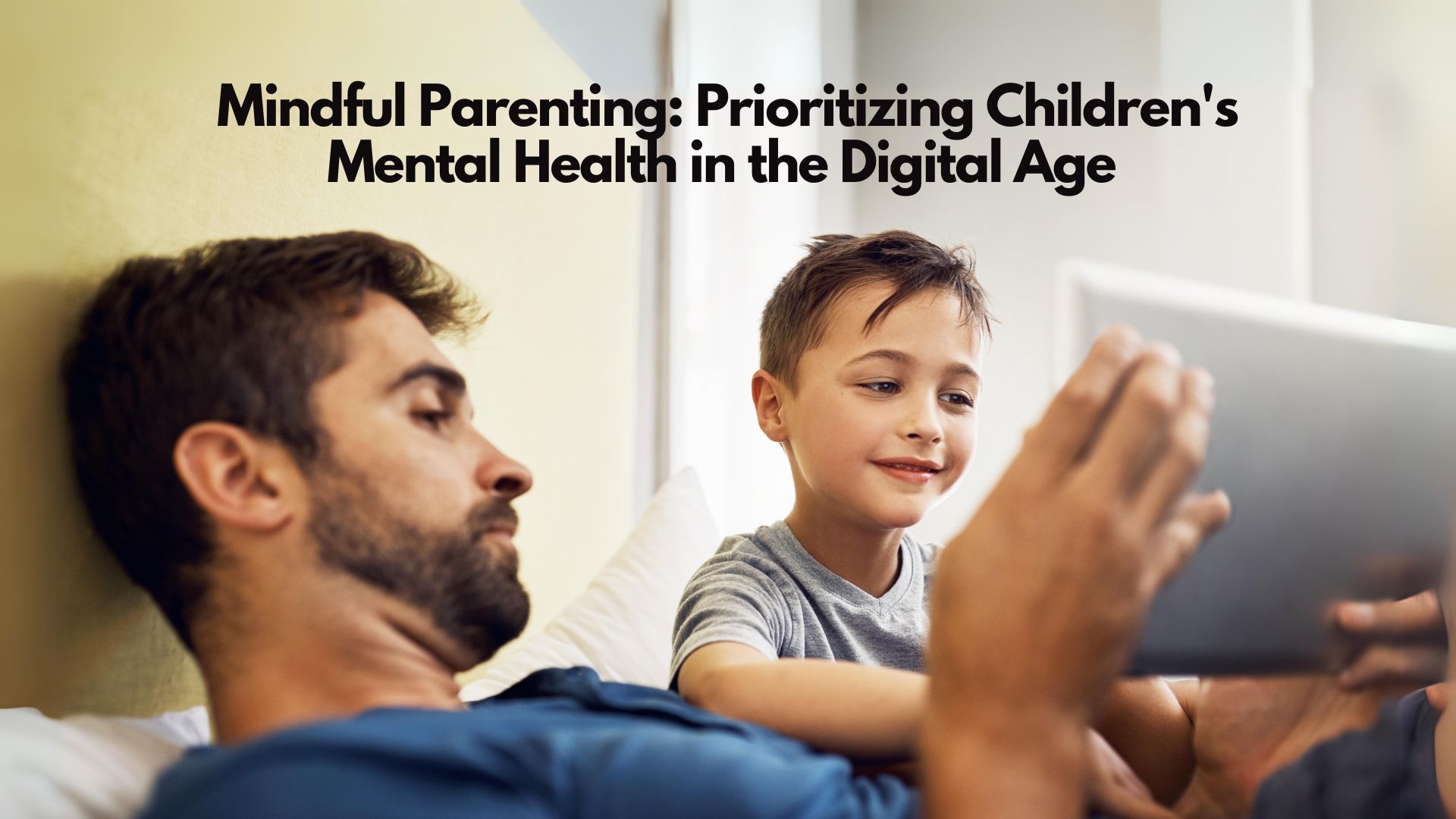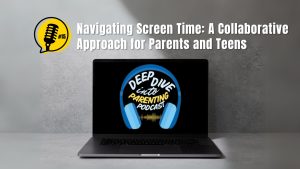Digital devices have become an indispensable aspect of our children’s lives, shaping their experiences in education and entertainment. While offering immense opportunities, these tools also pose notable challenges, especially concerning the mental well-being of young users. The constant connectivity they offer can contribute to problems like social anxiety, attention deficits, and the early onset of information overload.
This blog aims to delve into these challenges and offer practical solutions. We will explore what it means to be a mindful parent in the digital age and how you can help protect and promote your child’s mental health. By adopting mindful parenting techniques, setting appropriate boundaries, and fostering open communication, you can help your child navigate this digital landscape in a mentally healthy way.
Understanding Children’s Mental Health
Definition and Importance Mental health in children is about more than just the absence of mental disorders; it's about fostering a thriving environment that nurtures their growing minds. Good mental health allows children to develop resilience against everyday stresses and to grow into well-rounded, healthy adults. Issues in these formative years often predict patterns of behavior and interaction with others in adulthood. Therefore, understanding and supporting your child's mental health is as crucial as taking care of their physical health. This includes nurturing their ability to manage thoughts, emotions, and behaviors, to cope with life’s obstacles, and learn productive social skills. Common Mental Health Issues in Children A variety of mental health issues can affect children, just as they do adults, yet symptoms in children can manifest differently, often being overlooked as normal emotional and psychological growth. Common conditions include anxiety disorders, which can cause children to be excessively fearful or worried, and depression, which may present through sadness, moodiness, and a lack of interest in activities once enjoyed. Attention Deficit Hyperactivity Disorder (ADHD) is also prevalent, characterized by an ongoing pattern of inattention and/or hyperactivity-impulsivity that interferes with functioning or development. These issues can significantly impair a child's daily life, influencing their academic performance, social interactions, and family relationships. Recognizing these signs early can lead to timely and effective management.
The Impact of the Digital Age on Mental Health
Challenges Posed by Digital Devices
The digital age, while bringing the world to our fingertips, also poses significant challenges for children's mental health. Excessive screen time can lead to a variety of problems including poor sleep quality, reduced physical activity, and diminished face-to-face interactions with family and friends. This can increase feelings of isolation and stress, particularly among teenagers who are heavily influenced by social media.
Platforms such as Instagram and Snapchat often present highly curated versions of reality, which can cause children and teens to make unfavorable comparisons between themselves and what they perceive online, potentially leading to issues like low self-esteem and serious mental health disorders such as depression and anxiety.
Benefits of Digital Devices
Despite these challenges, digital devices are not all doom and gloom. When used appropriately, they can significantly enhance learning and development. Educational apps and tools can provide children with a rich database of information, fostering cognitive skills such as problem-solving, critical thinking, and creative expression.
Additionally, the ability to connect with peers through social networks can support children’s social development and provide them with essential emotional support. Thus, when managed correctly, the benefits of digital devices can outweigh the risks, assisting in children's educational and social growth while also offering avenues for mental health support through apps designed to promote mindfulness, emotional regulation, and stress reduction.







